
The story of Russian writer and Soviet dissident Aleksandr Solzhenitsyn (1918-2008) and his masterpiece, The Gulag Archipelago, published in Paris in 1973, which forever shook the very foundations of communist ideology.
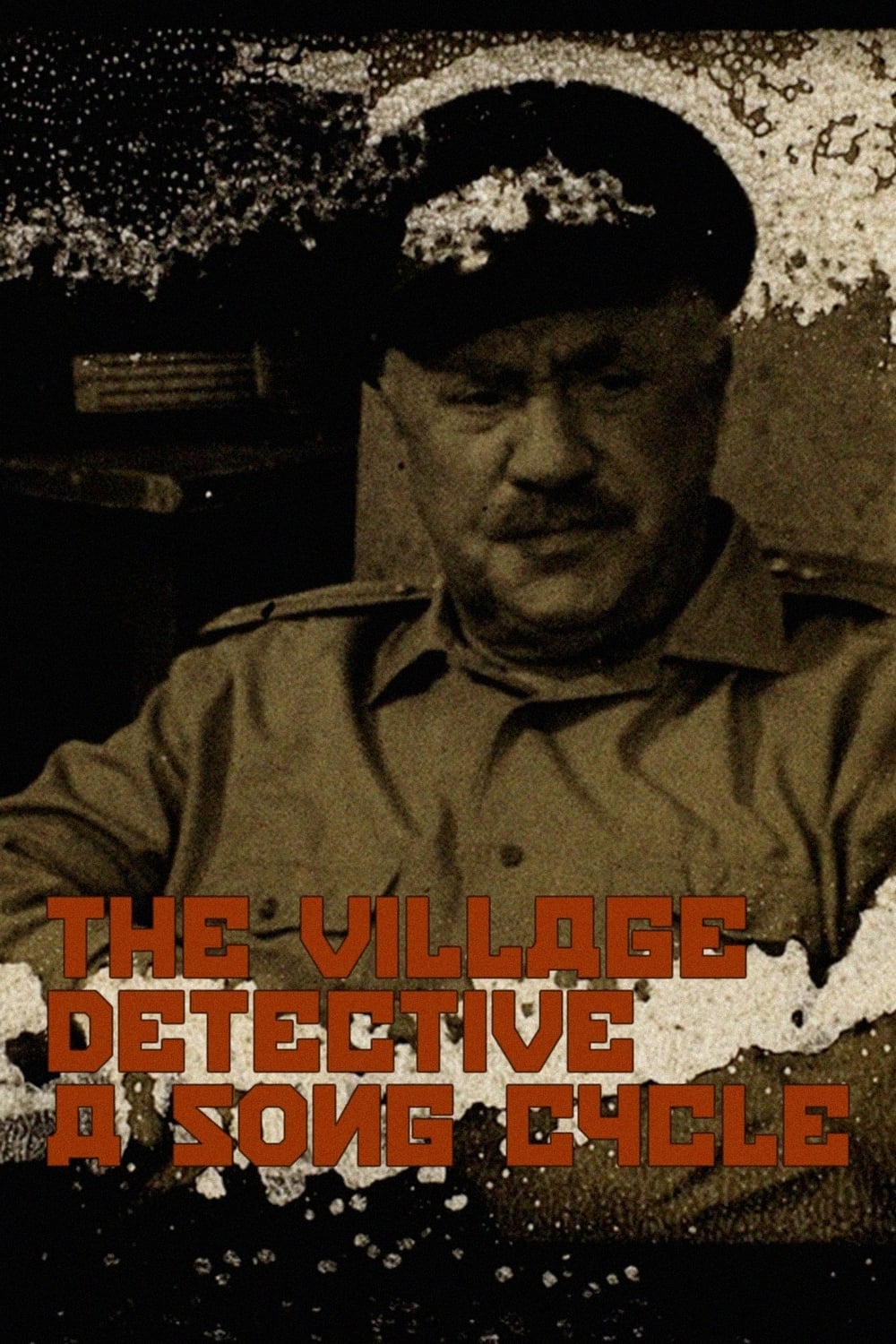
Atlantic Ocean, off the coast of Iceland, July 9, 2016. The surprising discovery of a canister —containing four reels of The Village Detective (Деревенский детектив), a 1969 Soviet film—, caught in the nets of an Icelandic trawler, is the first step in a fascinating journey through the artistic life of film and stage actor Mikhail Ivanovich Zharov (1899-1981), icon and star of an entire era of Russian cinema.
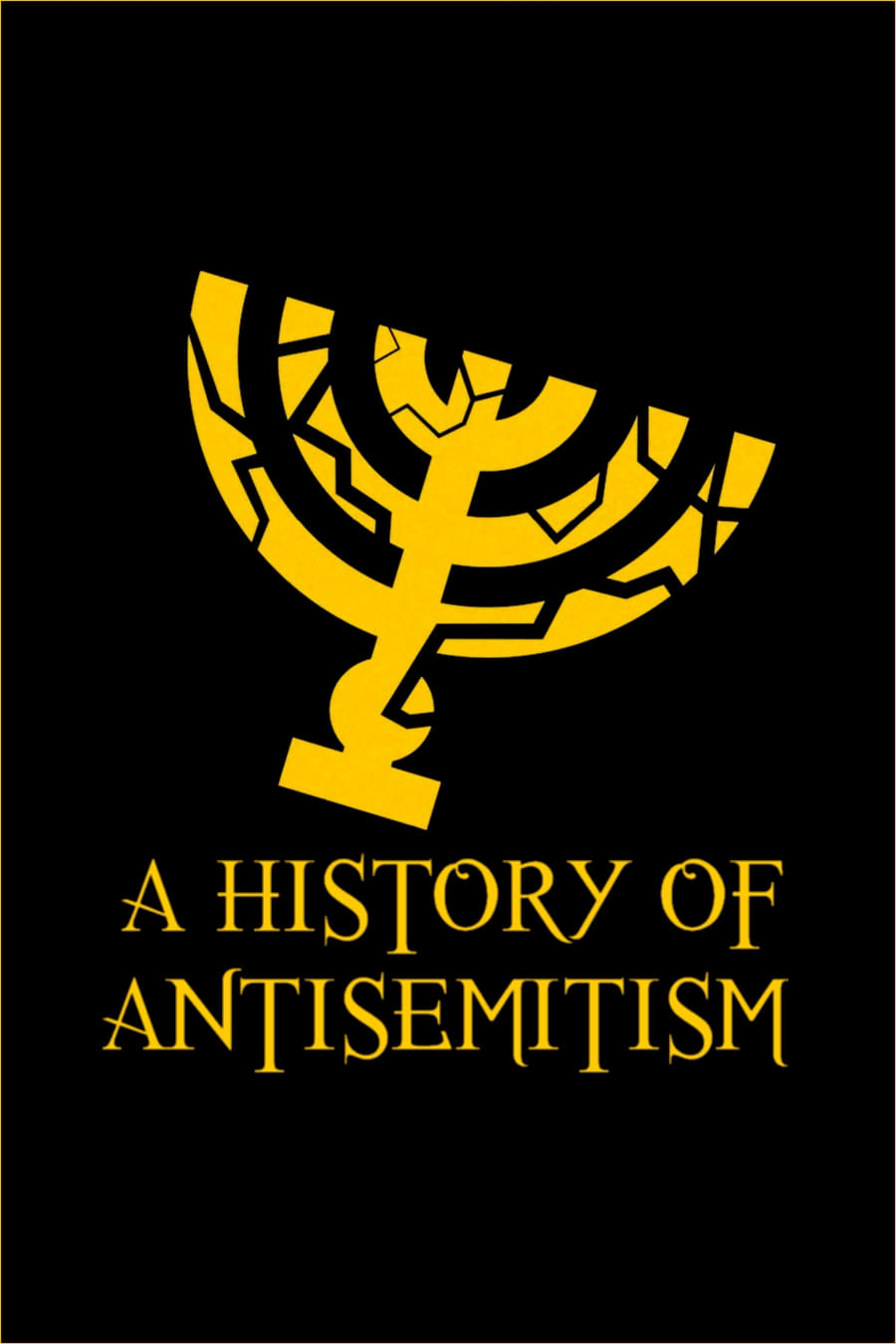
A detailed account of the two millennia of intolerance and persecution suffered by the Jews, from antiquity to the present day.
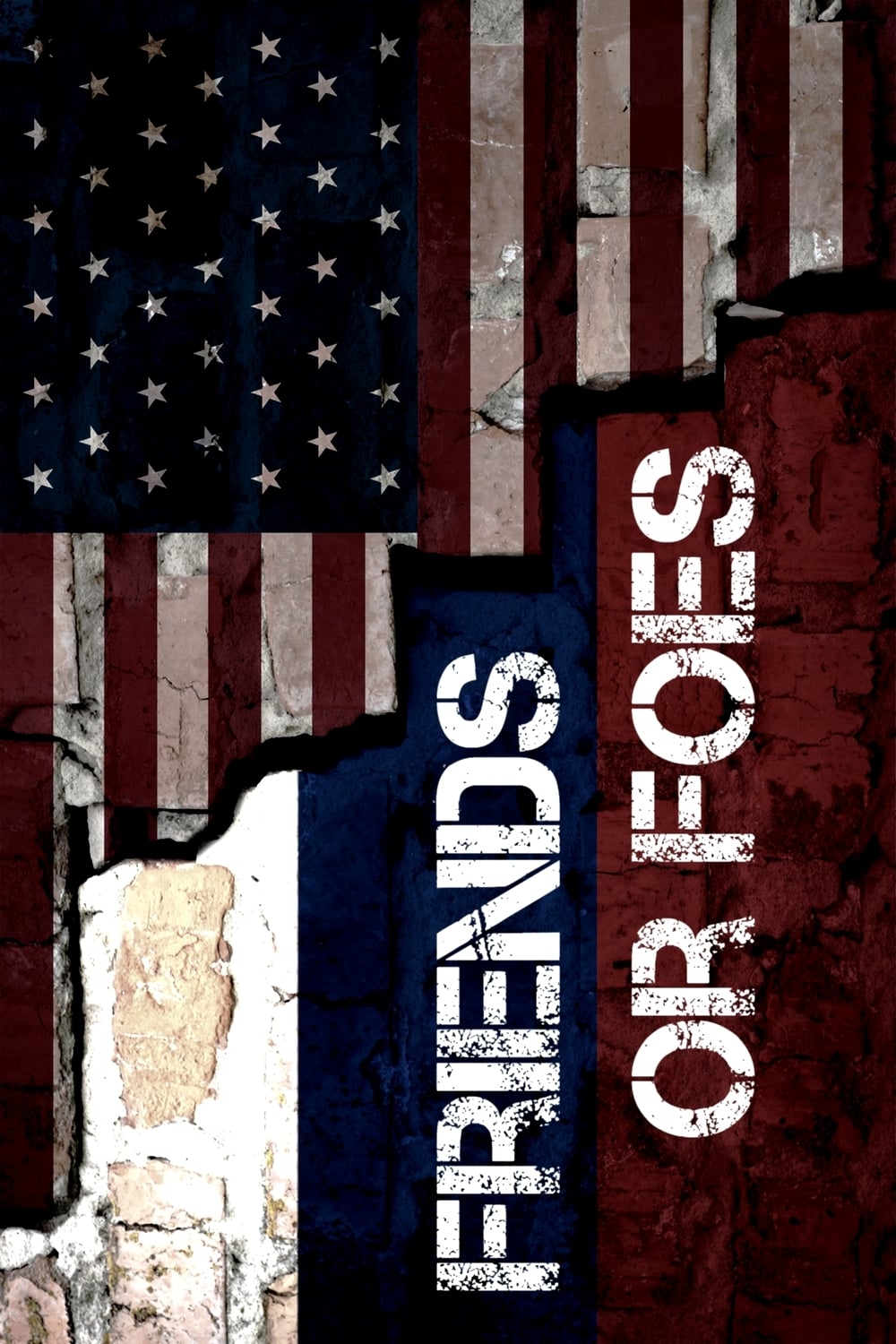
Russian President Vladimir Putin was one of the first politicians to congratulate Donald Trump on his election as president of the United States in 2016, but over time the relationship between the two heads of state has had its ups and downs. Are they friends or enemies? Has their mutual admiration turned into mutual distrust?
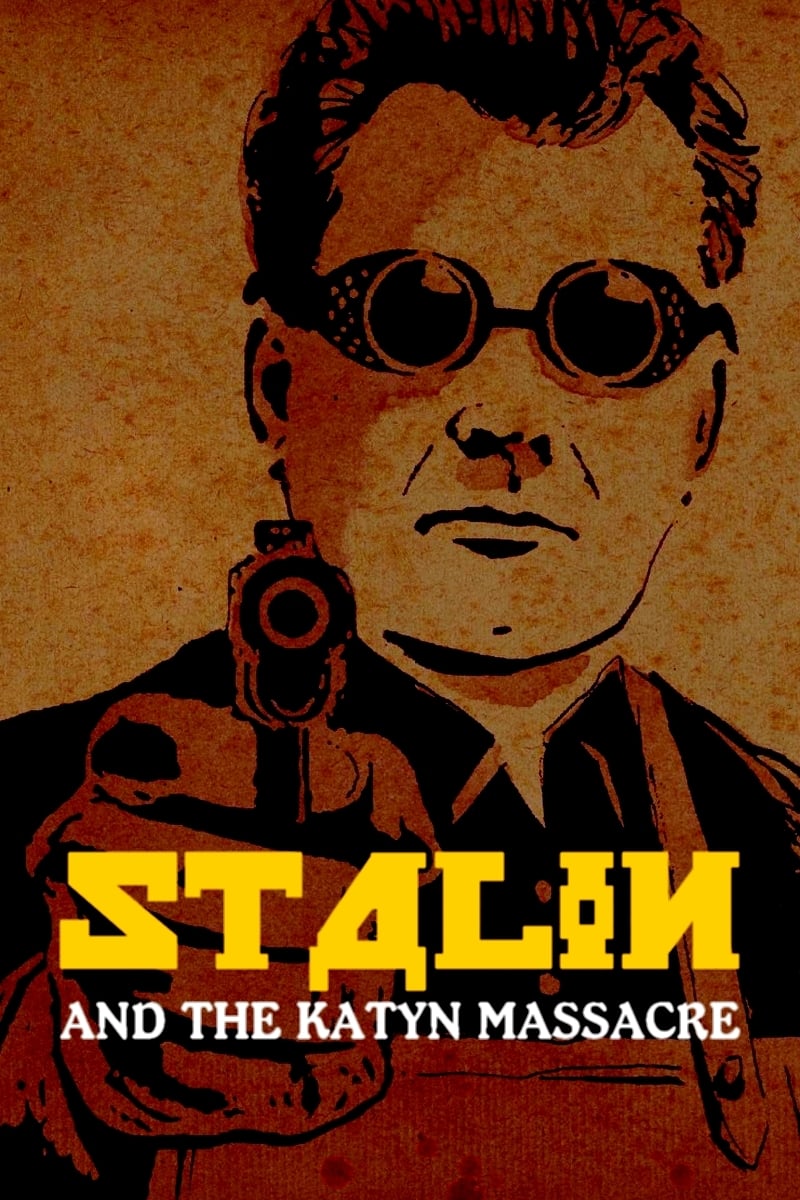
The Katyn massacre, carried out by the Soviet NKVD in 1940, was only one of many unspeakable crimes committed by Stalin's ruthless executioners over three decades. The mass murder of thousands of Polish officers was part of a relentless purge, the secrets and details of which have only recently been partially revealed.
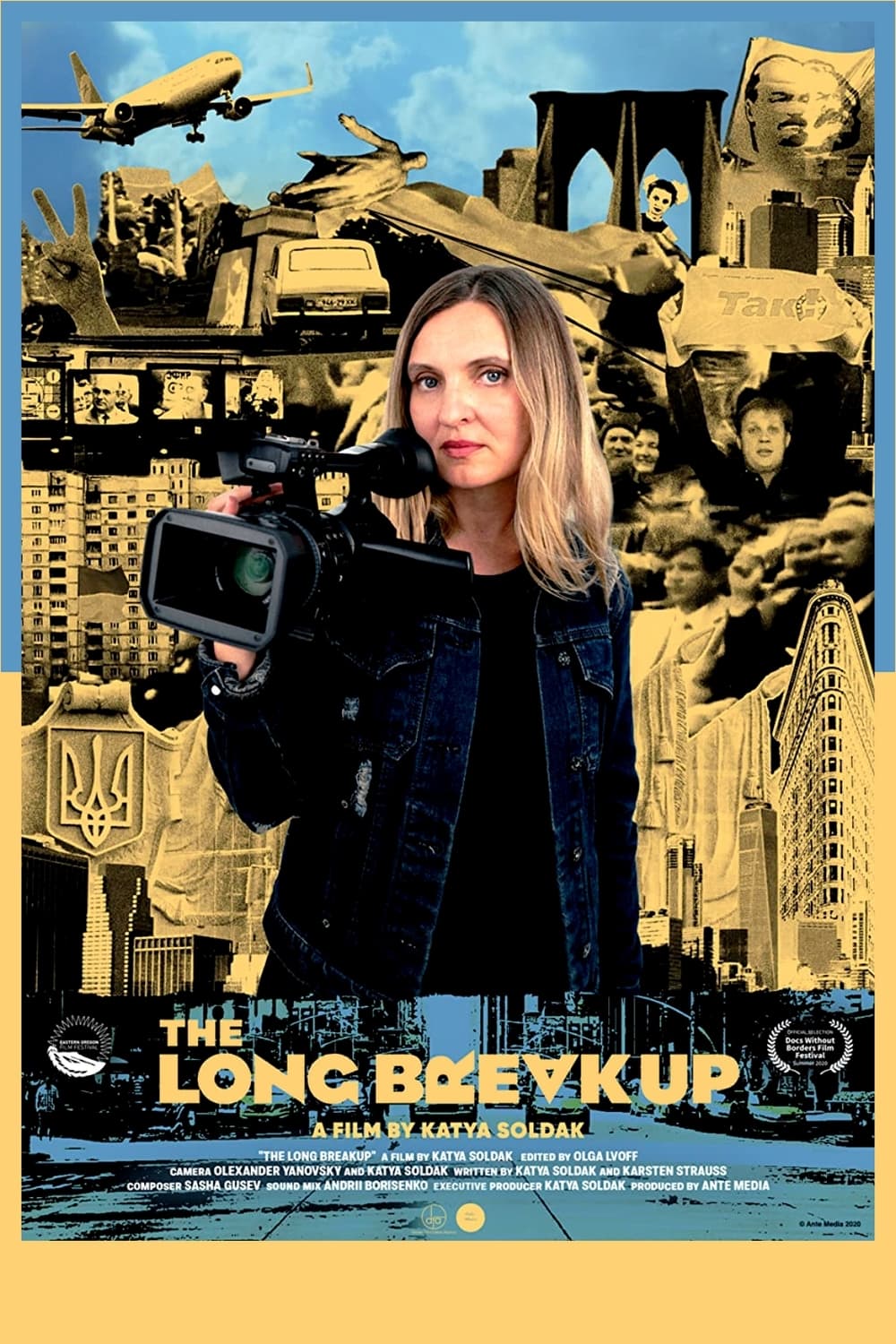
Ukrainian journalist Katya Soldak, currently living in New York City and working for Forbes magazine, chronicles Ukraine's history: its strong ties to Russia for centuries; how it broke away from the USSR and began to walk alone; the Orange Revolution, the Maidan Revolution, the Crimea annexation, the Donbass War; all through the eyes of her family and friends settled in Kharkiv, a large Ukrainian city located just eighteen miles from the Russian border.
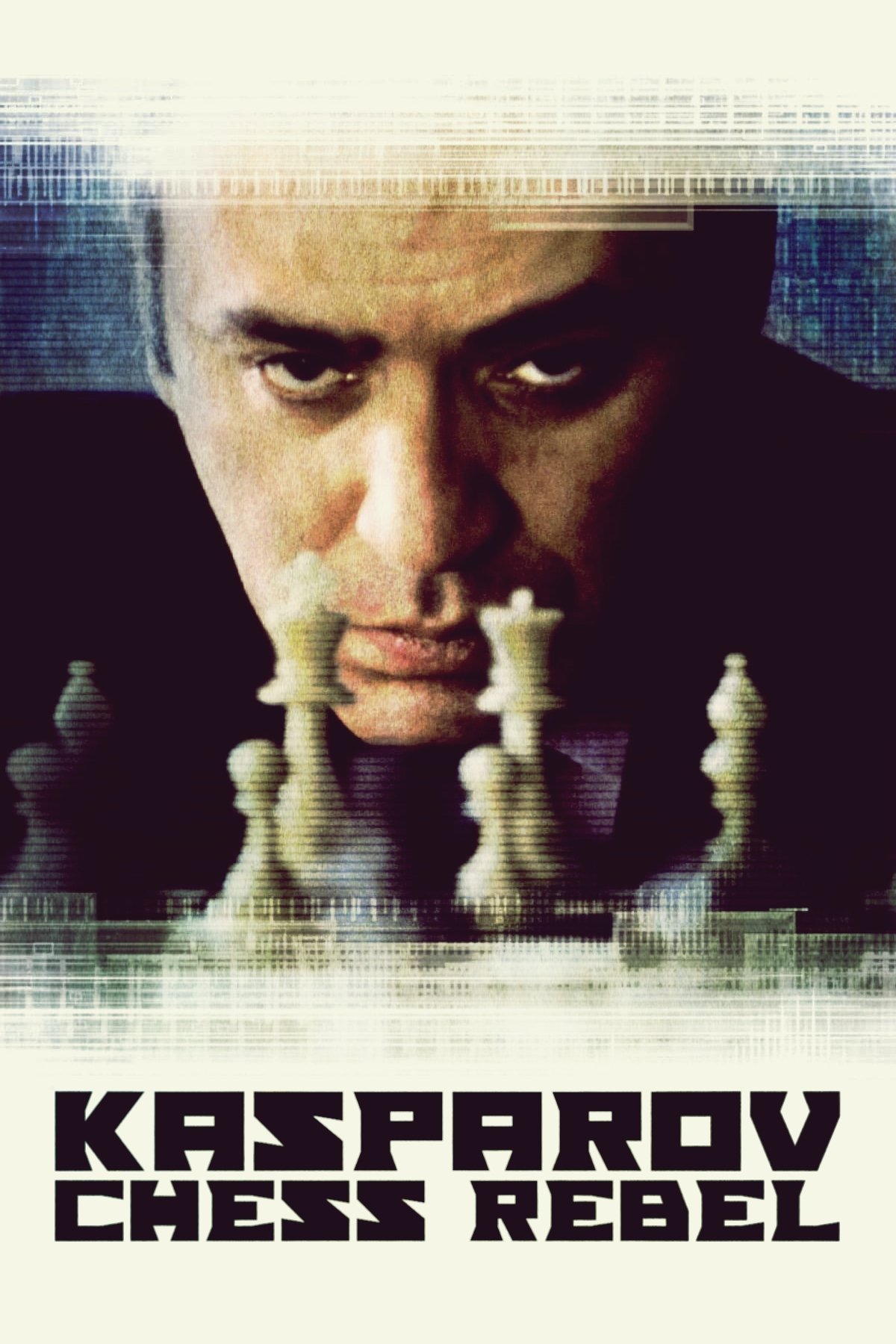
The extraordinary life and career of the Russian chess grandmaster Garry Kasparov, a brilliant and charismatic, but also rebellious, favorite son of the Soviet Union.
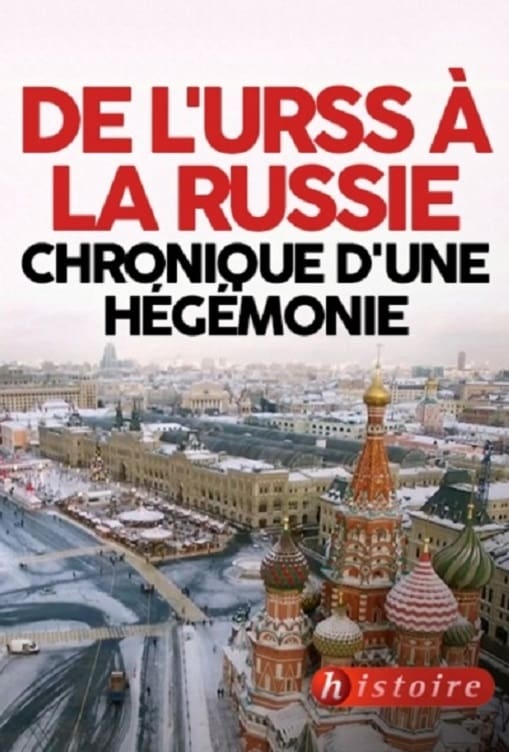


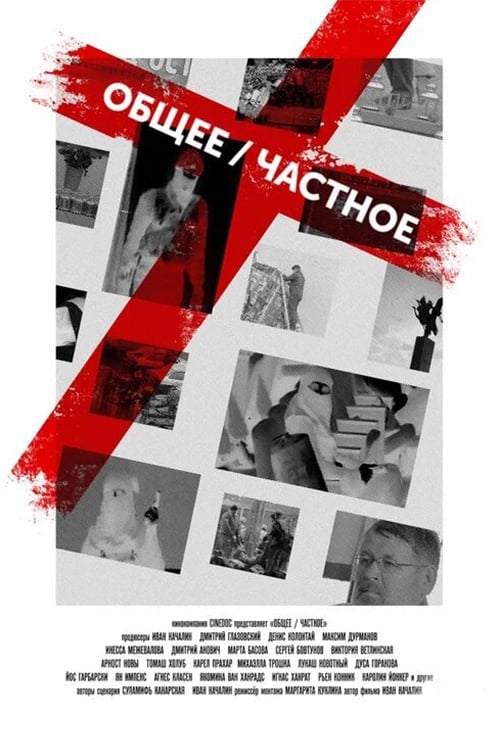
October 23-26, 2002 – one of the many bloody periods in the modern history of Russia. And the most terrible days for people whose relatives and friends have become a bargaining chip in this tragedy. What were all these lives worth, cut short overnight by a horrific crime? What do the fates of the survivors mean to a state that ignores their pain? What do they mean to a people for whom "NORD-OST" is just a terrible combination of words?
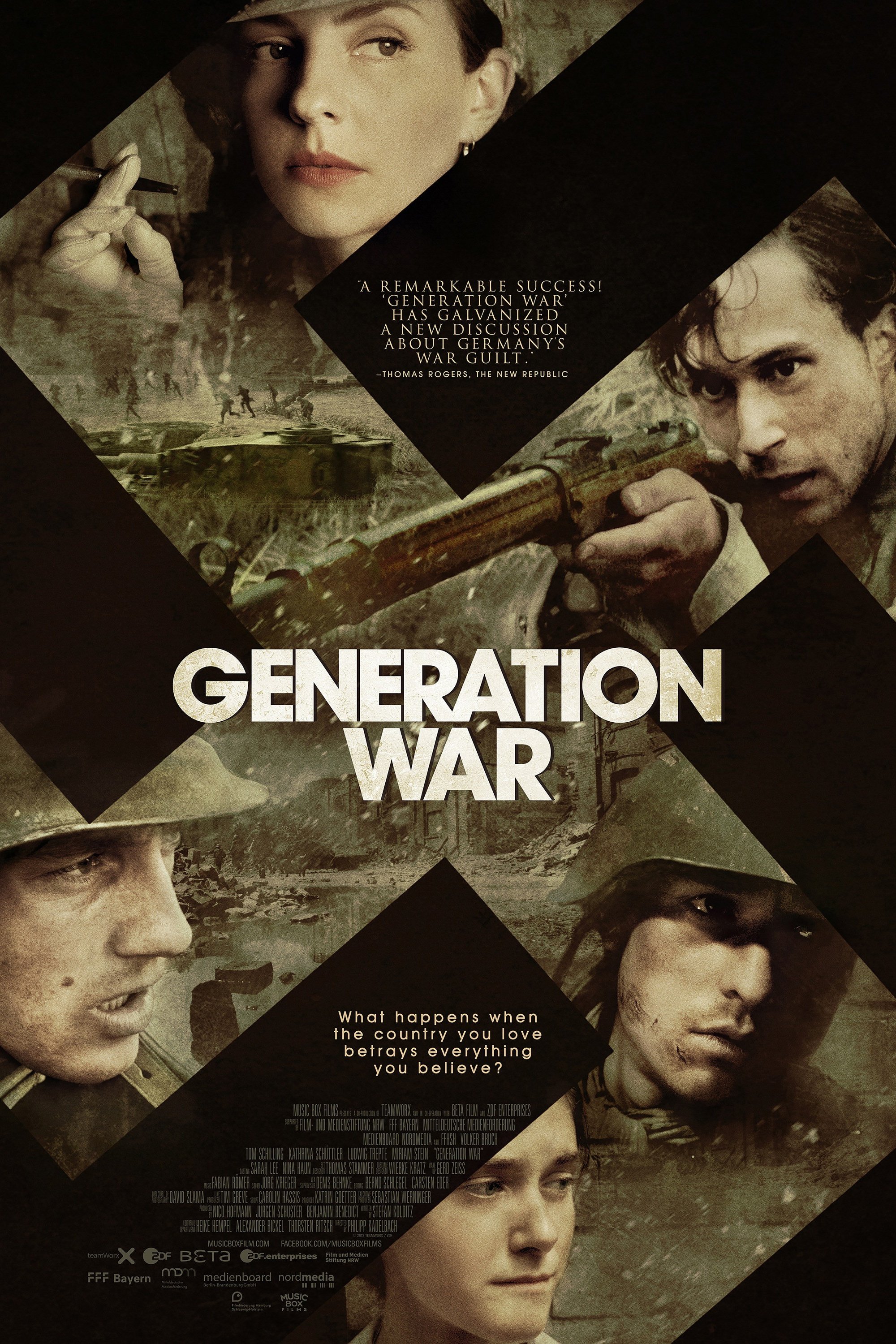
Five young German friends promise to meet again after WW2 ends, but soon their naive wishes of peace and happiness will become a long and tragic nightmare.

Explores history through the stories of three major Russian cities: St Petersburg, Volgograd – the former Stalingrad, and Moscow.
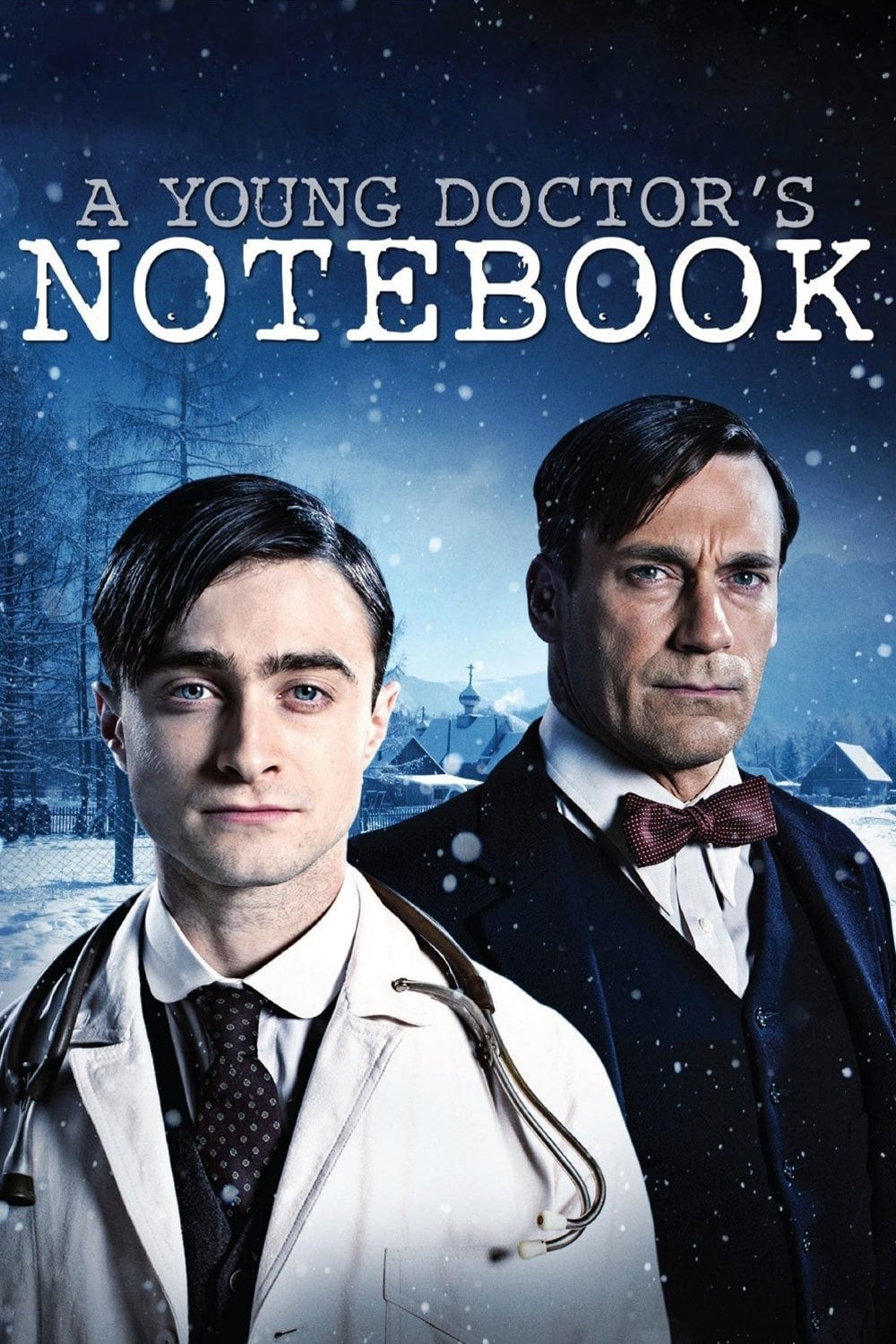
A young doctor who has graduated at the top of his class from the Moscow State University of Medicine and Dentistry is thrust out into an isolated and impoverished country side as the village's only doctor. As he learns to adapt to his new lifestyle, he develops a morphine addiction to stay his sanity while realizing what being a doctor in the real world means.

Vladimir Ilyich Ulyanov, better known as Lenin, is remembered as the instigator of the October Revolution of 1917 and, therefore, as one of the men who changed the shape of the world at that time and forever, but perhaps the actual events happened in a way different from that narrated in the history books…

The convoluted and moving story of Russian writer Vassili Grossman (1905-64) and his novel Life and Fate (1980), a literary masterpiece, a monumental and epic account of life under Stalin's regime of terror, a defiant cry that the KGB tried to suffocate.

The end of the Cold War did not bring about a definitive thaw in the former republics of the Soviet Union, so that today there are several frozen conflicts, unresolved for decades, in that vast territory. As in Transnistria, an unrecognized state, seceded from Moldova since 1990. Kolja is a silent witness of how borders and bureaucracy shape the lives of citizens, finally forced to lose their identity.
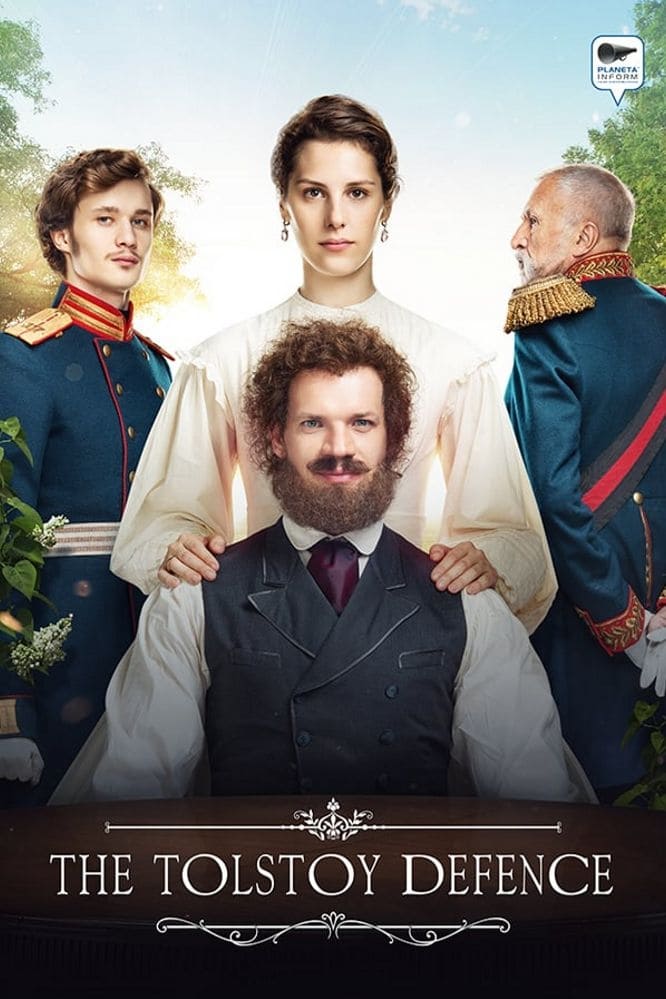
The shrill and tragic story about an event that involved Count Lev Nikolaevich Tolstoy. In an infantry regiment of the military based in the Tula region an offence occurs. In this regiment, the capital’s lieutenant Grigory Kolokoltsev — inspired by progressive ideas — does his service. A military tribunal and execution await the soldier charged with the offence. Kolokoltsev asks Count Tolstoy for help — and he decides to protect the innocent man. The pointed history about the complexity of choice and fidelity to one’s ideals is based on real events.
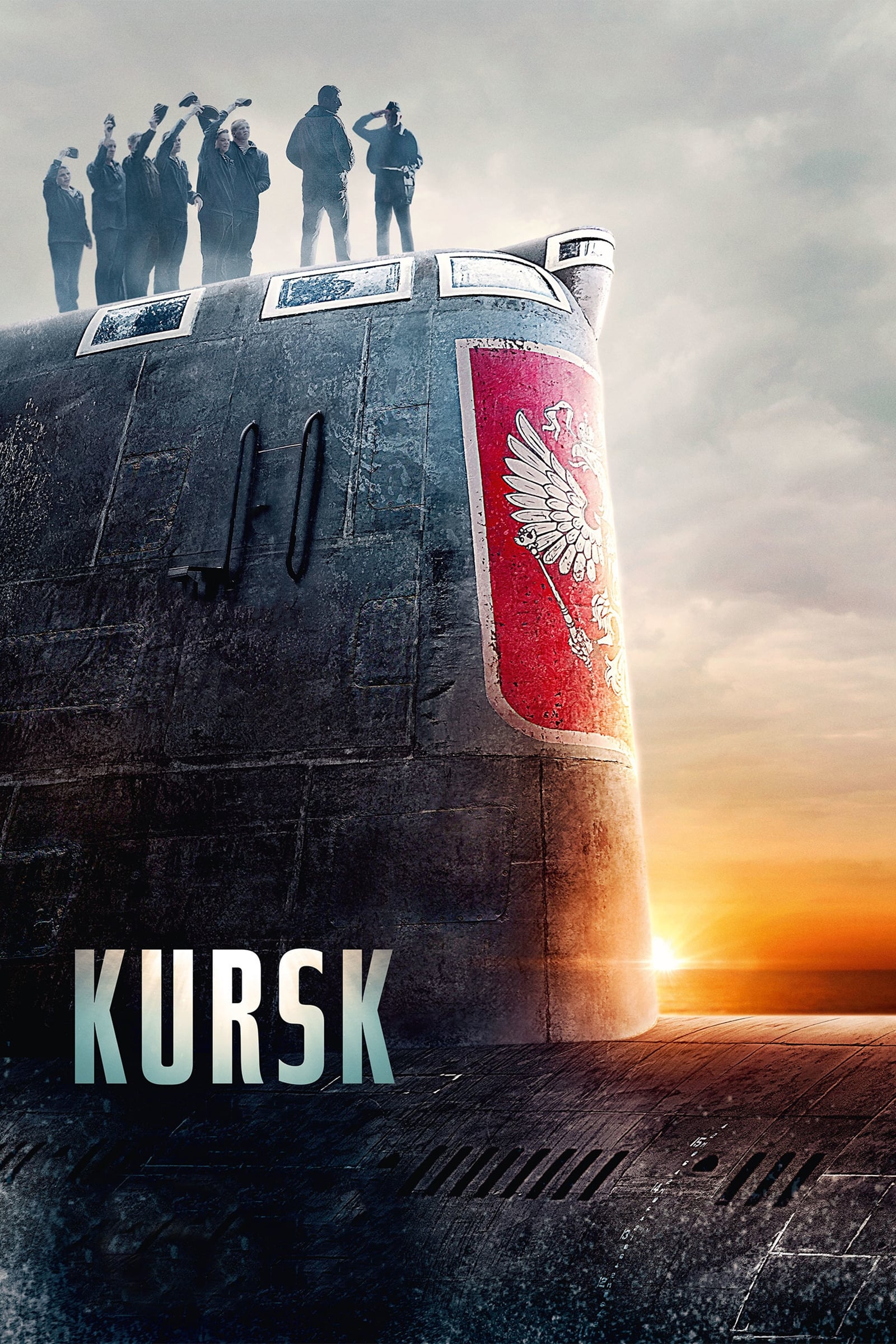
Barents Sea, August 12th, 2000. During a Russian naval exercise, and after suffering a serious accident, the K-141 Kursk submarine sinks with 118 crew members on board. While the few sailors who are still alive barely manage to survive, their families push for accurate information and a British officer struggles to obtain from the Russian government a permit to attempt a rescue before it is late. But general incompetence are against all their efforts.
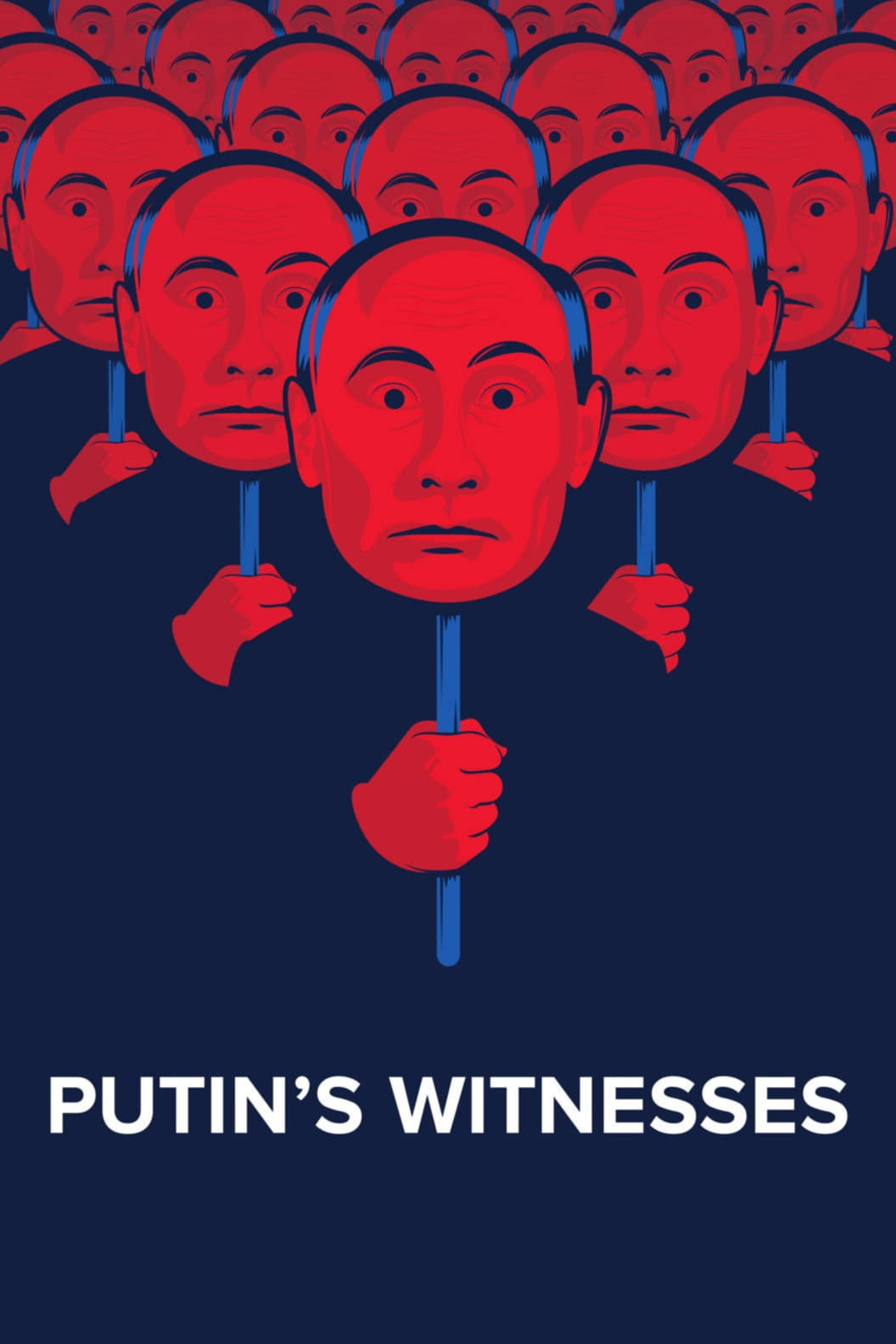
Russian Federation, December 31, 1999. After President Boris Yeltsin's unexpected resignation, Prime Minister Vladimir Putin becomes acting president of the country. From that day and for a year, Vitaly Mansky's camera documented Putin's rise to power. The story of a privileged witness. The harsh explanation of the reason why politics is the art of possibility of achieving the best with the support of many, but also of giving the worst in return.
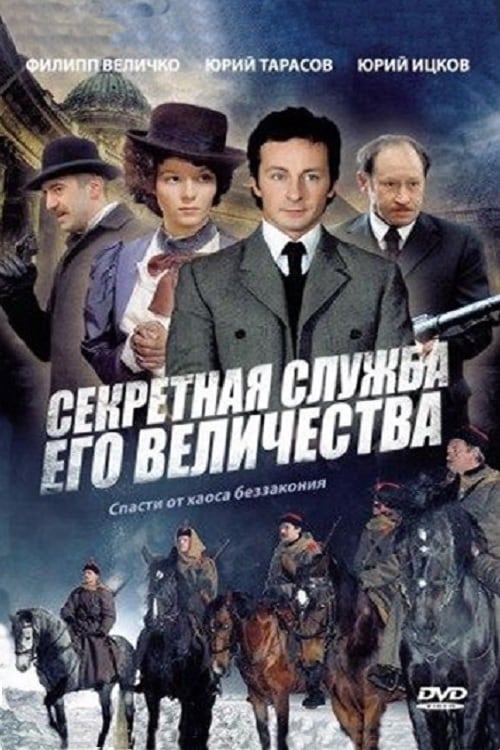
By browsing this website, you accept our cookies policy.